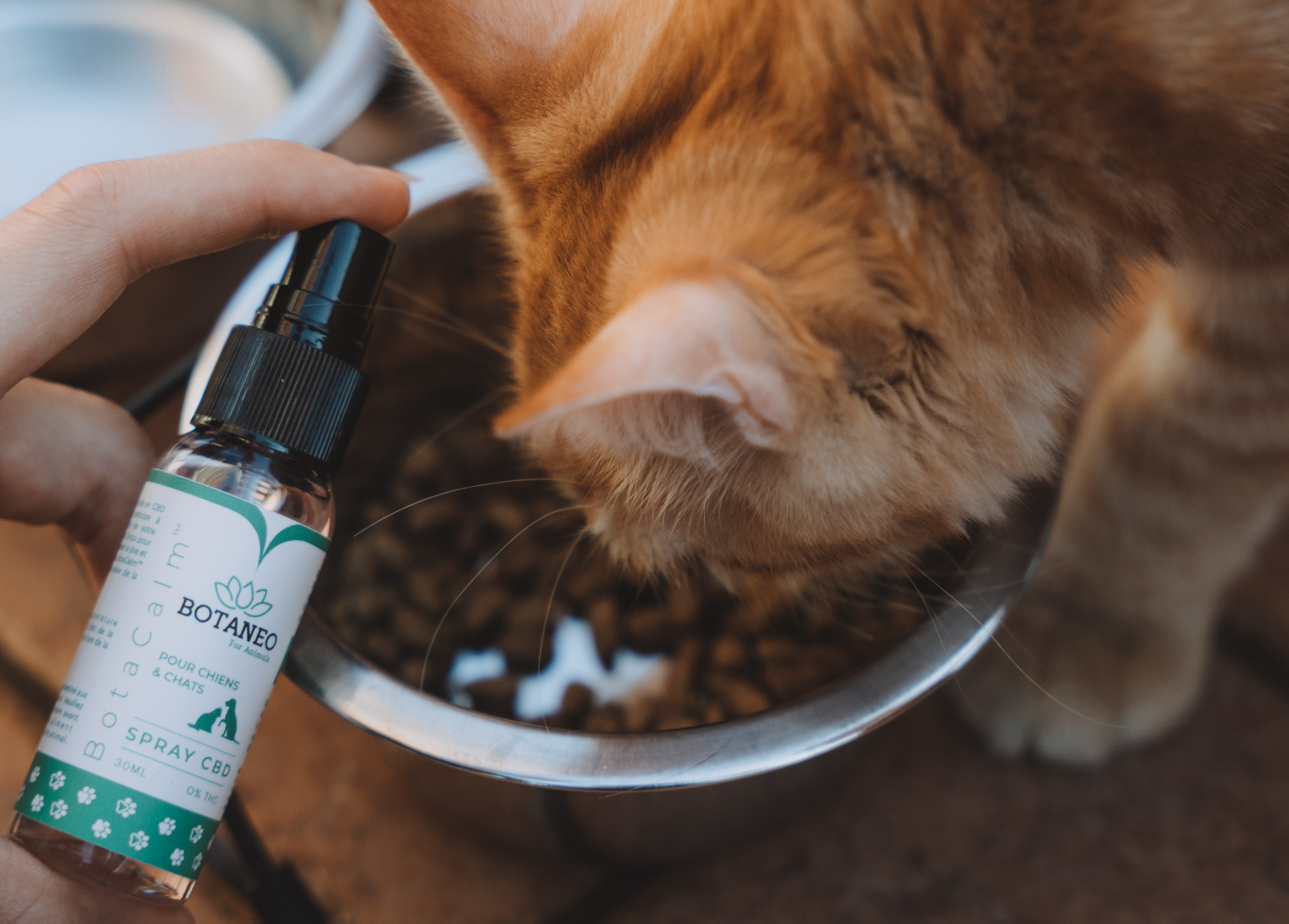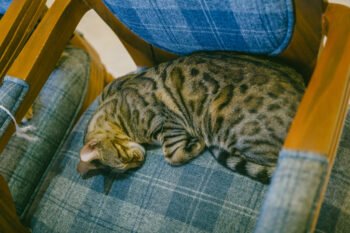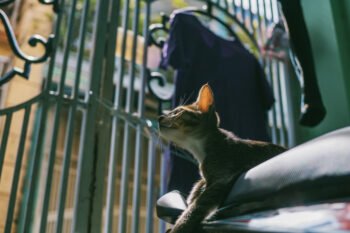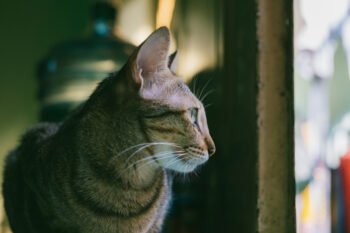Excessive meowing and anxious/hyper behavior can be symptoms of hyperthyroidism, a problem with your cat’s thyroid gland. With a senior cat, however, something else might be going on. Hyperthyroidism can develop in older cats, but the behavior you describe — especially the confusion — suggests your pet could be suffering from feline cognitive dysfunction (FCD).
According to the ASPCA, FCD affects more than 55 percent of cats aged 11-15 years, and more than 80 percent of cats aged 16-20 years. Research is still needed to better pinpoint the causes, but it is thought to be similar to Alzheimer’s disease in humans. Just humans with Alzheimer’s, some cats can suffer from more mild forms of FCD that progress very slowly, while others get a more severe version of the condition.
The ASPCA provides a checklist of behaviors that may indicate your cat has FCD. They include:
- Not recognizing familiar people and other animals
- Eliminating outside of the litter box, or going to the bathroom in sleeping and eating areas
- Fixating on objects for no reason or just staring into space
- Wandering aimlessly
- Becoming lost in previously familiar locations
- Showing a lack of interest in petting, playing and other activities that your cat probably looked forward to before
- Eating and grooming less
- Appearing restless or agitated
- Not sleeping soundly
- Vocalizing more
It’s important to properly diagnose your cat, because these behaviors can also be tied to other health problems. If FCD is diagnosed, your veterinarian might prescribe a medicine like selegiline hydrochloride (brand name Anipryl), or an antianxiety drug appropriate for cats. There is no real cure for FCD, but these medications can sometimes make life more comfortable for your senior cat.
Photo: @iStockphoto.com/fbosse







